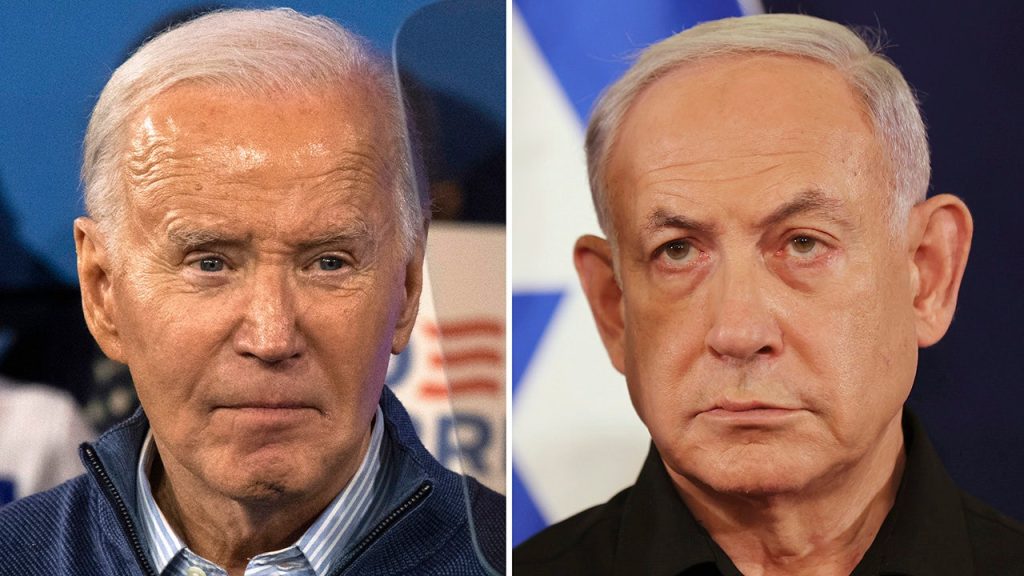The Biden administration is reportedly considering imposing sanctions on an Israel Defense Forces (IDF) battalion called “Netzah Yehuda” for alleged human rights violations in the West Bank. This move, if implemented, would mark the first time the U.S. has placed sanctions on an Israeli military unit. Under the Leahy Law, the U.S. is prohibited from providing aid or training to countries implicated in human rights abuses based on credible information. The potential sanctions on the IDF battalion would involve cutting off all types of training and assistance from the U.S. military, impacting both the unit and its members.
U.S. Secretary of State Antony Blinken addressed concerns about Israel’s actions in the West Bank during a press conference, emphasizing the importance of the Leahy Law and the need for thorough investigations before taking action. He hinted at forthcoming determinations related to the situation in the days ahead. In a separate development, the U.S. recently imposed sanctions on an associate of Israel’s national security minister and two entities linked to financing individuals allegedly involved in settler violence. The move reflects growing frustration from the U.S. towards Israeli Prime Minister Benjamin Netanyahu’s government, particularly regarding settlement expansion and annexation efforts.
Tensions between the U.S. and Israel have escalated further due to the Biden administration’s actions against Israeli settlers and calls for restraint in potential attacks on Iran. The U.S. has also sanctioned individuals like Ben-Zion Gopstein, leader of the extremist group Lehava, known for promoting anti-assimilation and engaging in violent acts against Palestinians. The State Department has warned of additional measures if Israel fails to prevent extremist attacks and address escalating violence in the West Bank. The European Union joined the U.S. in imposing sanctions against Lehava and other similar groups, signaling a coordinated international response to the situation.
Moreover, the U.S. has taken a strong stance against Iran, announcing new sanctions in response to Iran’s attack on Israel. White House National Security Advisor Jake Sullivan highlighted the need to contain and degrade Iran’s military capabilities and confront its problematic behaviors. The U.S. has been actively sanctioning individuals and entities associated with terrorism, terrorist financing, human rights abuses, and support for proxy groups like Hamas and Hezbollah. Despite criticisms from Republicans about the administration’s approach towards Iran, the U.S. remains committed to applying sustained pressure on the Iranian government in coordination with allies and partners globally.
Overall, the escalating tensions in the Middle East, especially concerning Israel’s actions in the West Bank, have led to diplomatic rifts between the U.S. and Israel as well as enhanced sanctions against individuals and groups involved in violence and extremism. The Biden administration’s efforts to address human rights violations and contain Iran’s destabilizing behavior reflect a broader strategy to maintain regional stability and security. By leveraging sanctions and diplomatic measures, the U.S. aims to hold accountable those responsible for threats to peace and security in the region, with a focus on preserving human rights and preventing further escalation of conflicts.


